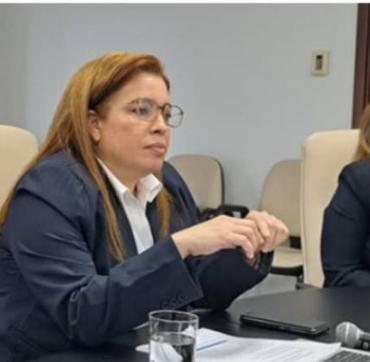Fidel, a Man of Culture
especiales

Much has been said about Fidel Castro’s universality. Among many other things, Fidel loved art and literature, especially the role both played within the new society he helped to build.
A phrase coined in the early years of the triumphal Revolution may throw some light on his interest: The Revolution didn’t ask people to believe, the Revolution asked them to read.
When Fidel Castro said, in the darkest hours, that culture was the sword and shield of the nation, some failed to fully understand such statement.
How could culture be more important than weapons?
Fidel echoed Martí’s words: “Trenches of ideas are worth more than trenches of stones.”
And without identity (culture), there is no possible freedom.
Fidel was the driving force behind the cultural revolution of Cuba, a revolution within the Revolution: The Literacy Campaign.
It was a heroic deed achieved by the Cuban people. In less than a year (January-December, 1961) nearly one million citizens learned how to read and write.
Fidel Castro was the leader and the mastermind.
That was the first and most important step to face a bigger challenge: to make art and literature available for all, not just a few.
And he was certain this right would open up a world of possibilities for all.
It was not mere coincidence that the first book in the emerging editorial industry in Cuba was the biggest classic of Spanish language: Cervantes’ Don Quixote de la Mancha.
He was a passionate reader. Fidel always believed in the emancipating nature of literature.
The International Book Fairs, spread all over the nation at his request, were a dream come true.
A fortress, that of San Carlos de la Cabaña, full of books and readers, millions of books at the disposal of individuals.
He himself was several times the main keynote speaker in many of the International Book Fairs’ opening ceremonies, conceived as authentic cultural celebration.
Revolution means Culture
In the famous speech Palabras a los intelectuales (Words to the Intellectuals, June 1961) Fidel set the basis for the future cultural policy of the Revolution.
That speech gave rise to multiple discussions, diverse interpretation and some incorrect implementation.
But it was a pivotal speech: Cuban culture had never played such an important role before with direct incidence on the public and political life of the nation.
Fidel had the conviction that all revolutionary processes must be accompanied by a cultural process.
He embraced culture, of course, in its broadest sense; but art and literature had a privileged position in the emerging nation.
It is not coincidence that Fidel Castro’s image and legacy were closely related to the foundation of very important Cuban institutions.
It was Fidel who backed Alicia and Fernando Alonso to refound the Cuban National Ballet, one of the most important ambassadors of the Cuban Revolution.
No one would imagine that such a small island in the Caribbean could treasure one of the greatest ballet companies worldwide.
The leader of the Cuban Revolution also left a deep trace in the Cuban cinema since its early years.
Close friend of Alfredo Guevara, both envisioned an industry that could guarantee the promotion of a new cinema: new subjects and approaches, better aesthetic power, a determined moral commitment…
But perhaps Fidel Castro’s greatest contribution to the Cuban culture was the creation of an art education system, which still remains —decades later— as reference in the Latin American context.
Fidel contributed that children born in remote areas became renowned artists worldwide (musicians, painters, dancers…)
There were contradictions and errors in the implementation of that cultural policy, but Fidel always looked farther.
Not an artist, he was sensible enough and gave full and due support to channel the vast cultural heritage of the nation.
There were great artists and writers before and after Fidel Castro. But his dream (that of many of us as well) was to provide every Cuban with access to this asset.
Today, it is more than just a dream.
Translated by Sergio A. Paneque Díaz / CubaSí Translation Staff














Add new comment